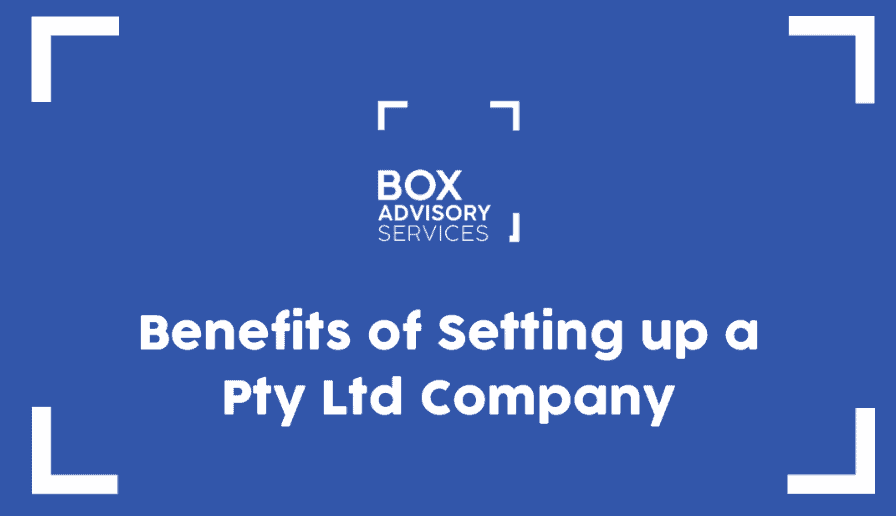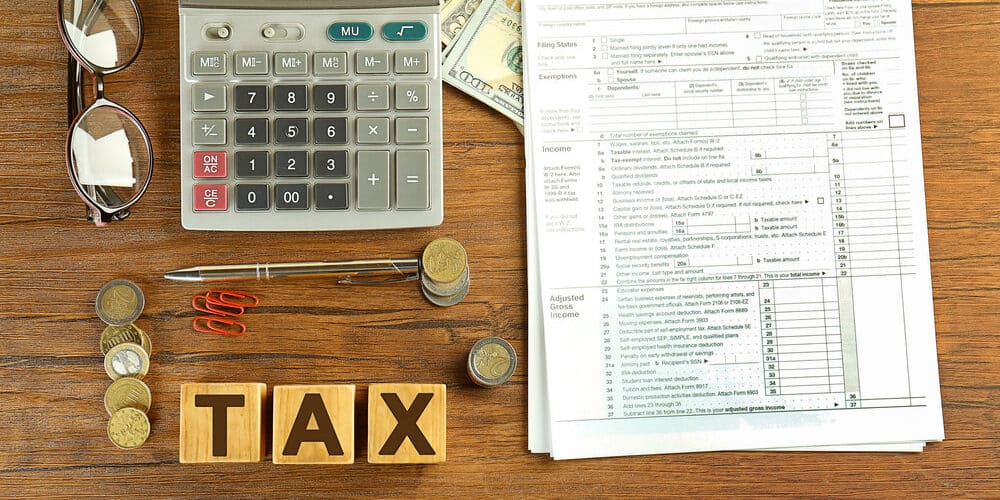
BY
|
How To Choose The Best Accountant for Doctors
Medical professionals constantly juggle their day-to-day practice with the business side of things.
But let’s face it, as a doctor, you’ve got your hands full with patient care, so management and financial planning tends to take a backseat.
While a doctor’s primary goal is to focus on providing health services to their clients, they mustn’t neglect the overall health of their business operations. By taking a proactive approach to the business side of their practice, doctors can help to ensure that they can continue to provide high-quality care to their patients.
That’s where choosing a good accountant comes in.
Hiring an accountant for your medical practice goes beyond just crunching numbers. A good accountant will maximise your tax return through doctor tax deductions and help you with business planning for your practice.
So, in this guide, we will explore why those in the medical industry need specialised financial assistance and what you should look for when choosing accountants for doctors.
Why Do You Need a Doctor Accountant for Your Medical Practice?
As a medical professional, there’s no doubt that you would understand the importance of staying up-to-date on the latest developments in your field. But, you may not have the same level of expertise when it comes to financial matters.
So, that’s where hiring an accountant can be helpful.
Ideally, a good accountant for doctors should be able to demonstrate experience in working with medical and dental professionals. They should also know and understand the complexities surrounding medical accounting within the healthcare industry, such as meeting tax obligations, tax planning, bookkeeping, and business advice.

Medical Professionals Meeting their Tax Obligations
Tax accountants are invaluable to the medical profession when navigating the often-complicated tax rules. For example, do the personal services income (PSI) rules apply? Or are you treated as a contractor or employee, and what does that mean for your tax responsibilities?
What Is Personal Services Income?
According to the Australian Tax Office (ATO), personal services income (PSI) is income produced principally from an individual’s skills, expertise and labour.
While many professionals fall into the personal services income category, the ATO identifies a few common examples, including doctors and other medical professionals. This is because their skill and expertise generate their income, not the sale of goods.
A number of rules apply to individuals who earn a PSI income to avoid having them sidestep their tax obligations by paying less tax and having access to greater tax deductions compared to employees.
The rules and steps can be quite complex when establishing whether the PSI rules apply to you. So, we’ve drafted a step-for-step guide to help you establish if you earn PSI income or not. Be mindful, however, that you must also engage the services of an accountant for doctors to avoid making costly mistakes.
Accounting Services: Tax Planning
Doctors and other medical professionals are among the highest-earning professionals in Australia. And the higher the income, the higher the marginal tax rate. Seeking accounting and taxation services to develop an effective tax plan can help you minimise your tax obligations.
For example, the ATO allows doctors to claim a wide range of tax deductions each year, including travel expenses, medical registrations and motor vehicle expenses.
How you structure your medical career can also be beneficial as part of tax minimisation strategies. Say you’re currently operating as a contractor, it may be wise to start operating through a company structure.
However, you can’t set up a company solely for tax minimisation, as the ATO may view that as a tax avoidance scheme. Again, engaging in the services of a doctor accountant can help you with tax compliance and avoid any unnecessary hot water.
Medical accounting can also prove beneficial regarding GST compliance. How a private practice handles GST fundamentally affects how much revenue they’ll generate over time, so it pays to get this right from day one.
Financial Services: Business Advice
Beyond tax preparation and bookkeeping services, accountants who are experts in medical accounting can also provide specialist advice to help you manage and grow your medical practice. They can also ensure the financial health of your business, which can be an invaluable tool.
At the end of the day, you are running a business. So it’s essential to have viable business plans and cash flow strategies in place.

Tips For Choosing an Accountant for Doctors
So now you know why doctors should seek the services of an accountant. But how do you go about choosing the best one?
Here are some factors you should consider when choosing the best accountant for doctors:
- Industry-specific experience: The ideal candidate will demonstrate knowledge of working with medical professionals, including doctors. They should also know and understand the complexities surrounding medical accounting within the healthcare industry. Medical expertise can also be advantageous since they would understand what you need during tax time and how to maximise the relevant tax deductions.
- Think about your specific needs: Do you need someone to take care of BAS lodgements to keep track of your accounts or help you with your financial obligations and goals? Some accountants offer all these services in one package, while others are specialists in either area. For example, some will only do accounting tasks but not other work like tax returns.
- Communication: A good accountant for doctors will be readily available to answer any of your questions, give you the advice you need and do so in a manner that’s easy to understand.
Beyond these specific considerations for choosing an accountant for doctors, there are various general factors you need to consider when choosing an accountant for your medical practice business.
Check out our tips on finding an accountant for your small business before committing to a long-term relationship with them.
Why Choose Box Advisory Services?
Box Advisory Services is a full-service accounting firm specialising in providing accounting and tax services for doctors and medical practices.
Our mission is to help doctors make better decisions regarding business taxes, structure and growth.
By thinking outside of the Box using cloud technology, continuous education of our clients and building a trusting relationship, we believe that we can make accounting simple and easy.
We’re also a team of award-winning Chartered Accounts, so we are well-versed in all business advisory services and have the necessary experience working with doctors, creating customised solutions that match your specific needs.
Davie Mach, Director of Box Advisory Services and 2021 winner of Australia’s Young Accountant of the Year Award, has placed a significant emphasis on creating a new-age accounting agency focused on assisting doctors and other medical practitioners with all aspects of their business.
Key Takeaways
While your focus may be on treating your patients and providing healthcare to the best of your abilities, it’s important to remember that you’re also running a business.
Besides having tax obligations and financial reporting responsibilities, you want your medical practice business to succeed. So hiring an accountant for doctors can help you meet those responsibilities and set your business up for successful growth.
But you’ll want to engage the services of specialist accountants with relevant knowledge and experience working with clients in the medical field.
Box Advisory Services is a leading accountancy firm that provides accounting services and business advice to medical practitioners. We offer tailored solutions for doctors and other healthcare professionals. To see how our team of accountants and tax agents can help, book a free consultation with us today.
Disclaimer:
Please note that every effort has been made to ensure that the information provided in this guide is accurate. You should note, however, that the information is intended as a guide only, providing an overview of general information available to property buyers and investors. This guide is not intended to be an exhaustive source of information and should not be seen to constitute legal, tax or investment advice. You should, where necessary, seek your own advice for any legal, tax or investment issues raised in your affairs.



